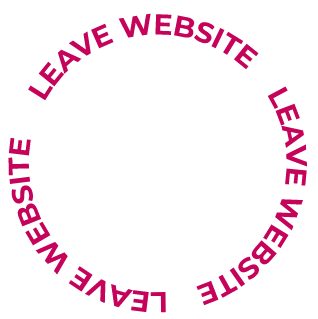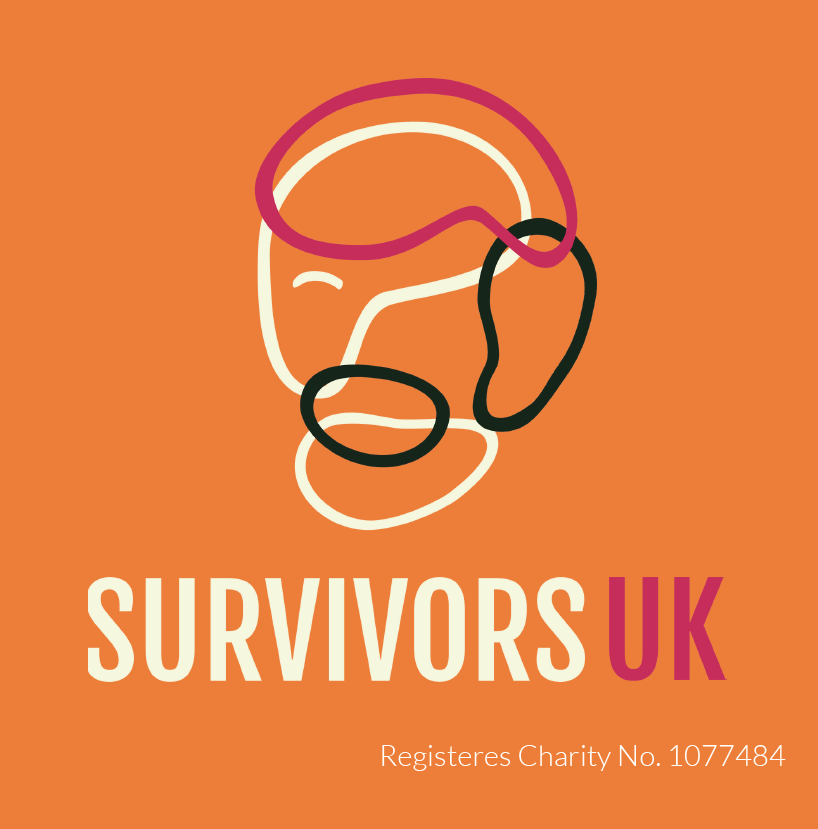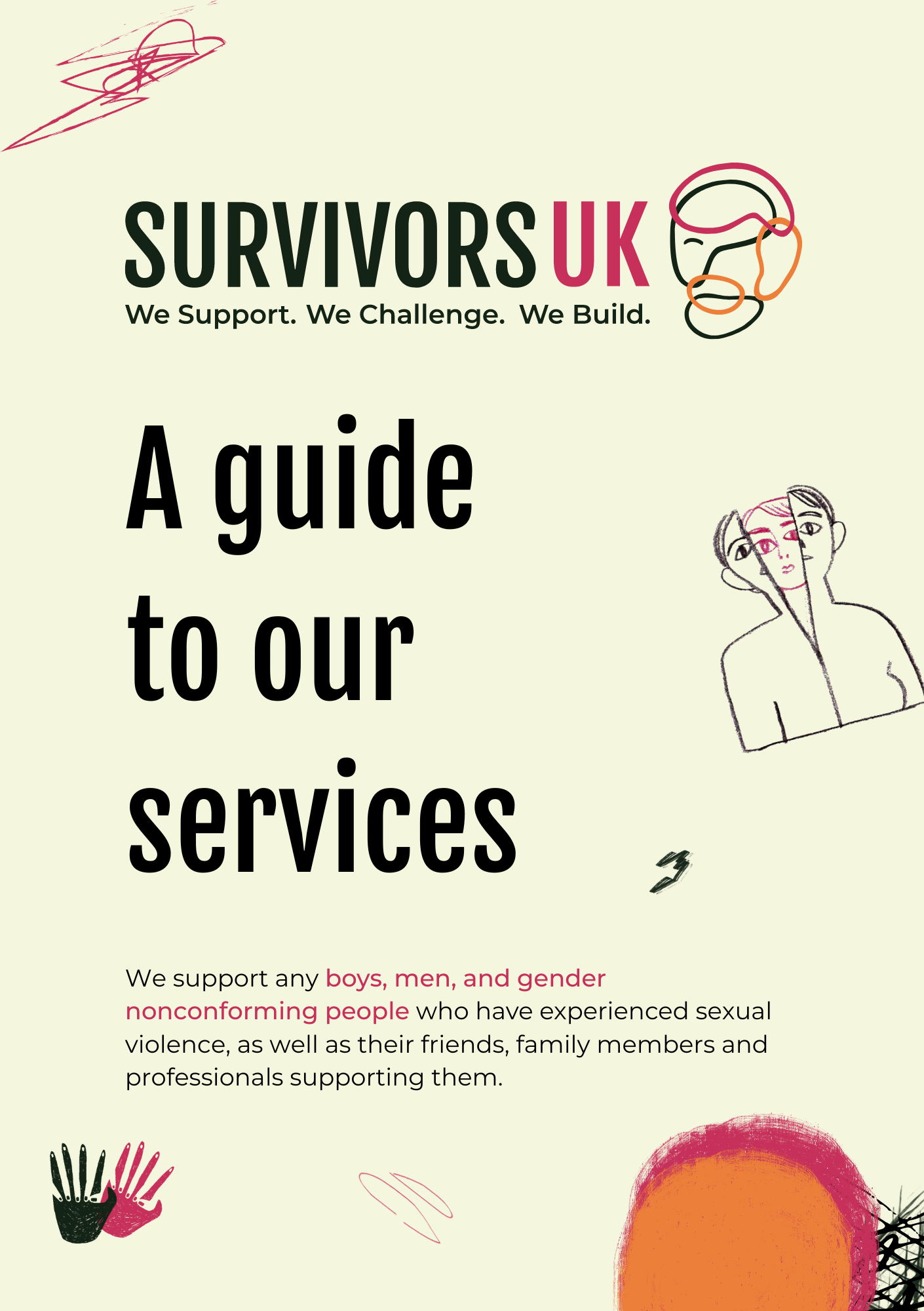
It’s good to talk
There’s no denying it, we are all more aware of mental health these days which, in my opinion, can only be a good thing.
For too long, the stigma attached to mental health problems has stopped people from getting the support they need, leaving many of us suffering in silence, self-medicating with drugs and alcohol, and even putting us at higher risk of suicide.
The number of adults and young people with diagnosed mental health problems is widely reported to be going up. It is no surprise that the pandemic has contributed to this, but what I personally find more alarming is the increase in medication prescribed to manage our mental health.
Don’t get me wrong, anti-depressants and the like have their place, but they focus very much on managing symptoms rather than treating the cause of our mental health problems. I recently attended a training event where I was reminded of the quote by Eleanor Longden; “The relative question in psychiatry shouldn’t be what’s wrong with you. It should be what happened to you.” If we are exposed to a virus, fall down a hill or ingest poison, we become physically ill. Similarly, our emotional environment can put us at risk of mental health problems too.
If we go through a traumatic event in our life, it can cause a range of symptoms including flashbacks and hypervigilance, which we can learn to manage through different grounding techniques, EMDR therapy, or even medication. But when our trauma was caused by another human being, especially a caregiver or someone we trust, it can have a far-reaching impact on our lives.
We may feel we are to blame and carry shame about what has happened to us, which can leave us hating ourselves and feeling depressed. We might struggle to feel safe in a world when those we thought we could trust have abused us, leading to feelings of anxiety and compulsive behaviours we rely on to try and control our environments.
So, how do we recover from trauma caused by another human being? Learning to regulate feelings triggered by abuse from others is a good starting point, but what I believe is perhaps more crucial is finding a way to feel safe around other people again, emotionally and physically.
If we have a strong network of support around us, we may find it easier to do this but, for others, finding a therapist or group where you feel safe to talk about what has happened to you without fear of attack or judgement can really help heal our emotional wounds. It is good to talk, but it’s even better to be able to explore the thoughts and feelings that feel so scary to say out loud with someone who offers you space where it feels safe to do this.
Other people can cause us a lot of harm… but they can be incredibly healing, too.






